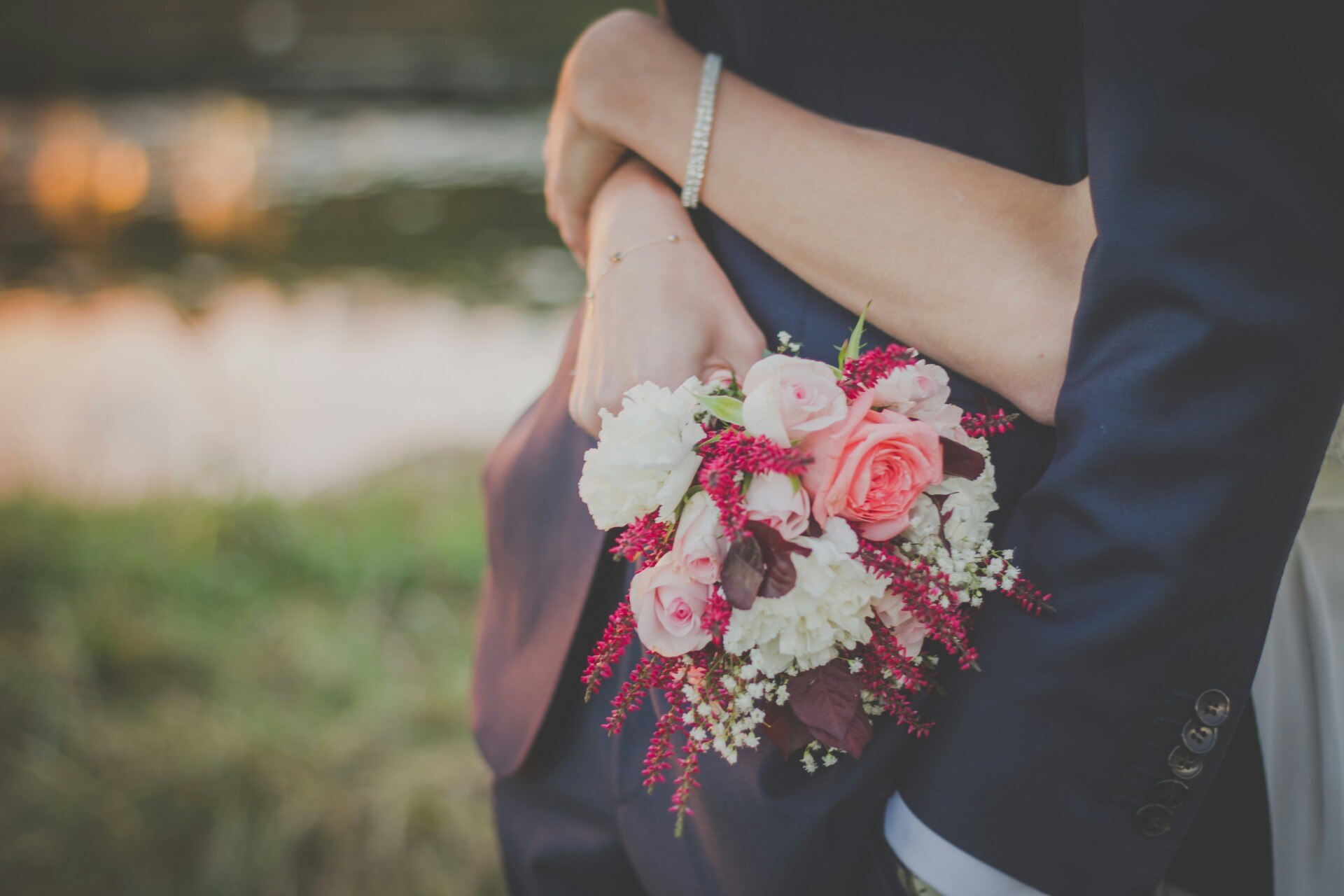Planning a wedding is a joyous journey filled with dreams of love, unity, and celebration. For many couples, honoring their family and cultural heritage is a significant aspect of this special day. A wedding that embraces family-centered values and cultural traditions not only strengthens bonds but also creates lasting memories for everyone involved. Whether you come from a specific cultural background or have blended traditions, incorporating elements that reflect your heritage can add depth and meaning to your ceremony. This guide will explore meaningful ways to honor family and culture in your wedding, ensuring a heartfelt and inclusive celebration.
Embracing Cultural Elements in the Ceremony
Incorporating cultural elements into your wedding ceremony is a beautiful way to honor your heritage. These traditions can range from specific rituals to symbolic gestures that hold significant meaning within your culture. For instance, in many Asian weddings, the tea ceremony is a cherished tradition where the bride and groom serve tea to their elders as a sign of respect and gratitude. Similarly, Jewish weddings often feature the breaking of the glass, symbolizing the fragility of relationships and the commitment to stand by each other even in difficult times.
To effectively embrace these cultural elements, it’s essential to communicate with your families and understand the significance of each tradition. This collaboration ensures that the rituals are performed authentically and respectfully. Additionally, consider involving family members in the ceremony, allowing them to participate actively. This not only honors their role in your lives but also enriches the wedding experience with genuine emotion and connection. Here are some tips for integrating cultural elements into your ceremony:
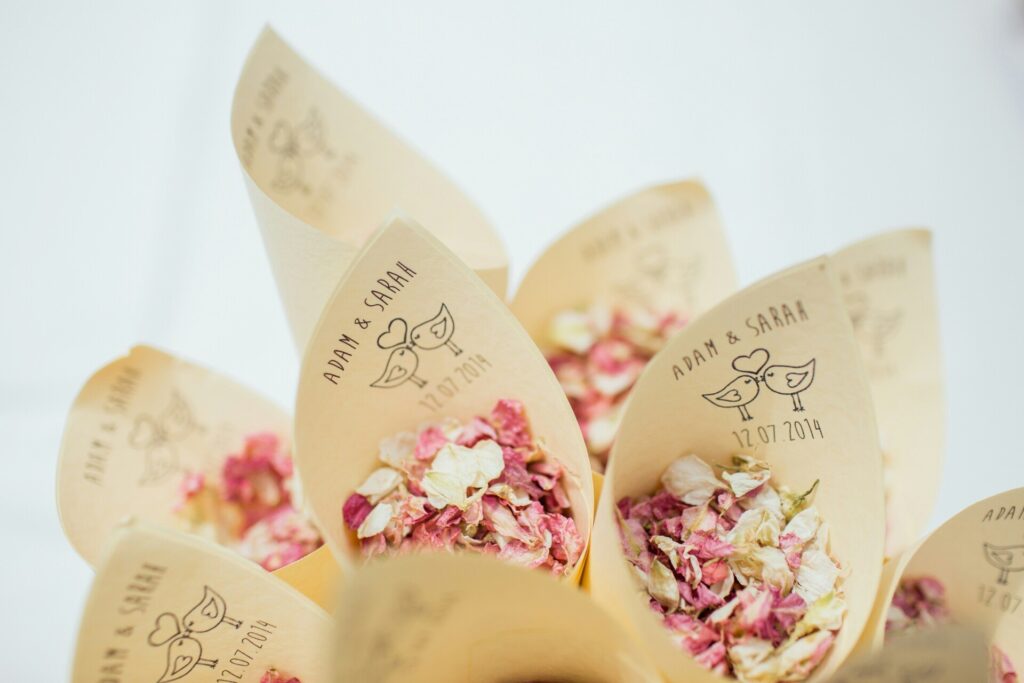
- Research and respect the origins of each tradition you wish to include.
- Consult with cultural experts or family members who can guide you in accurately representing the traditions.
- Incorporate meaningful symbols through decorations, attire, and rituals.
By thoughtfully incorporating cultural elements, your wedding ceremony becomes a reflection of your shared values and heritage, creating a memorable and meaningful experience for everyone involved.
Incorporating Traditional Wedding Rituals
Traditional wedding rituals play a pivotal role in honoring family and cultural heritage. These rituals often carry deep symbolic meanings and are a testament to the values and beliefs passed down through generations. Whether it’s the lighting of a unity candle in Western weddings or the exchange of garlands in Indian ceremonies, each ritual adds a unique layer of significance to the celebration. When choosing which rituals to include, consider what resonates most with you and your partner. Select rituals that reflect your personal journey and the blending of your families. This approach ensures that the traditions are not only respected but also personalized to fit your unique love story.
For example, a bride might incorporate cultural respect by wearing a traditional wedding dress that honors her heritage while adding modern touches that reflect her personal style. Similarly, the groom can honor his background by incorporating symbols or colors that represent his family’s traditions. To seamlessly integrate these rituals into your wedding, plan them thoughtfully within the ceremony’s flow. Work with your officiant to ensure each ritual is performed correctly and meaningfully. Additionally, explain the significance of each ritual to your guests, fostering a deeper appreciation and understanding of your cultural heritage. Here’s a table outlining some common traditional wedding rituals from various cultures:
| Culture | Ritual | Symbolism |
|---|---|---|
| Jewish | Breaking of the Glass | Represents the fragility of relationships and commitment |
| Indian | Exchange of Garlands (Jaimala) | Symbolizes mutual respect and acceptance |
| Chinese | Tea Ceremony | Honors elders and signifies respect and gratitude |
| Scottish | Handfasting | Represents the binding of the couple’s lives |
Incorporating these rituals not only honors your family’s traditions but also adds a rich cultural tapestry to your wedding, making it a truly meaningful celebration.
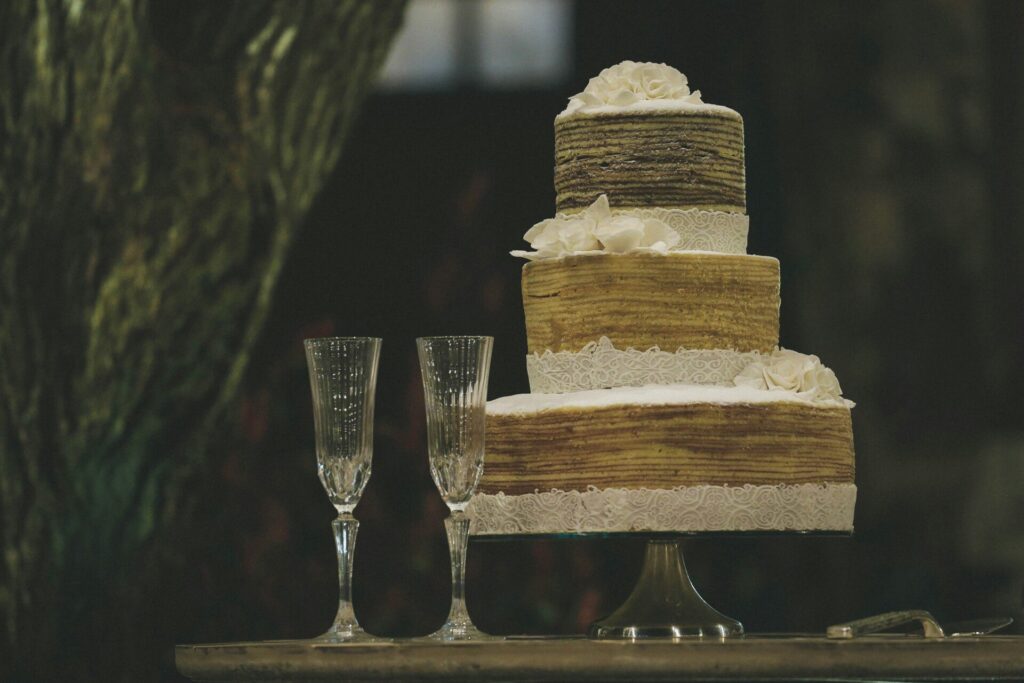
Creating a Multigenerational Celebration
A wedding that honors family and culture often brings together multiple generations, creating a multigenerational celebration. This inclusive approach ensures that grandparents, parents, children, and even extended family members feel valued and involved in the festivities. Celebrating alongside different generations fosters a sense of unity and continuity, bridging the past and the future.
Involving various generations in the wedding process from planning to execution enhances the family-centered aspect of the celebration. It allows younger family members to learn about their heritage and older members to share their wisdom and experiences. This interaction not only enriches the wedding but also strengthens family bonds, making the day a true reflection of collective love and support.
Consider creating dedicated spaces or moments during the wedding where different generations can connect and share their stories. This might include a special seating arrangement, a family slideshow, or a designated time for elder family members to speak. These thoughtful touches ensure that everyone feels included and appreciated, making your wedding a heartfelt and inclusive event.
Designing a Family-Centered Wedding Experience
A family-centered wedding places the emphasis on family connections and relationships, ensuring that everyone feels welcomed and cherished. This approach involves thoughtful planning and inclusive practices that highlight the importance of family in the couple’s lives. One way to design a family-centered wedding is by creating a seating arrangement that encourages conversation and interaction among family members. Consider assigning seats based on relationships rather than strict family units, allowing extended family and friends to mingle and build new connections.
Another important aspect is incorporating family traditions into the wedding. This could involve performing a family song, displaying heirlooms, or including traditional foods in the menu. These elements serve as a tribute to your family’s legacy and help create a warm and familiar atmosphere for your guests. Additionally, involving family members in the planning process can make them feel valued and included. Whether it’s seeking their input on decorations, ceremonies, or music choices, their participation adds a personal touch to the wedding and strengthens familial bonds. Here’s a simple checklist to ensure your wedding is family-centered:
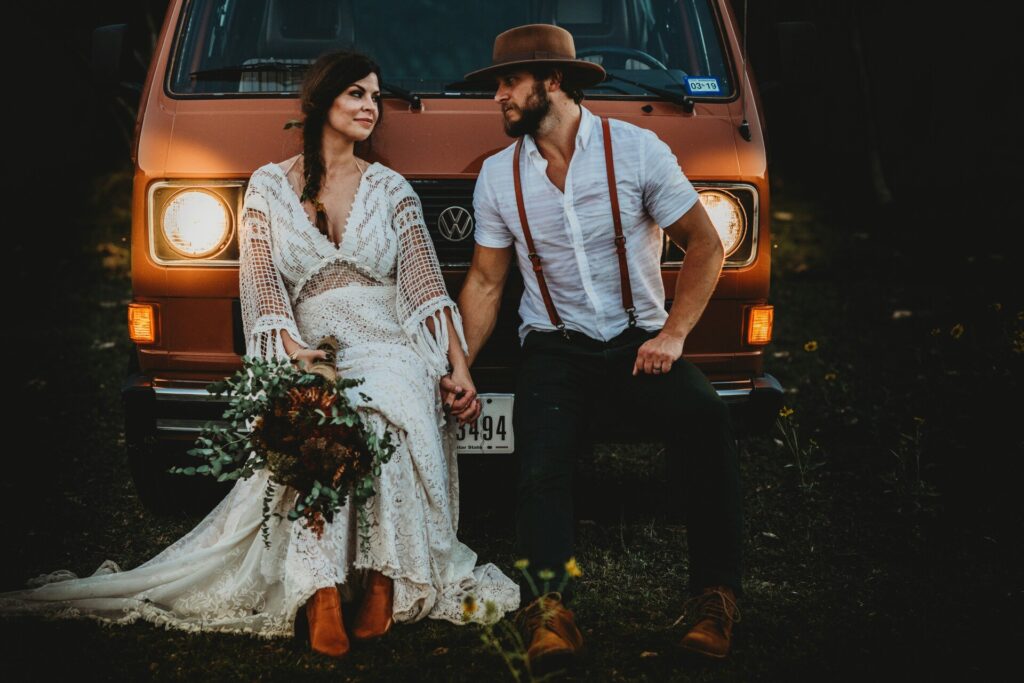
- Involve family members in key decisions and roles.
- Incorporate family traditions and heirlooms.
- Create spaces and moments for multigenerational interaction.
By prioritizing family connections, your wedding becomes a celebration that honors the past, celebrates the present, and looks forward to the future with loved ones by your side.
Paying Tribute to Heritage in Decor and Attire
Decor and attire are powerful ways to honor your heritage and infuse cultural elements into your wedding. Thoughtful choices in these areas can create a visually stunning and personally meaningful celebration that reflects your cultural background.
When selecting decor, consider incorporating traditional symbols, colors, and motifs that hold significance in your culture. For example, if you have Italian roots, you might include elements like olive branches or incorporate the colors of the Italian flag into your floral arrangements. Similarly, a Japanese-inspired wedding might feature delicate cherry blossoms and minimalist decor to reflect traditional aesthetics.
Your wedding attire is another opportunity to showcase cultural respect and heritage. The bride might choose to wear a traditional gown or incorporate cultural accessories, such as a veil, jewelry, or a sash that represents her background. The groom can complement this by wearing traditional attire or adding subtle cultural elements to his suit or accessories. By thoughtfully integrating heritage into your decor and attire, your wedding becomes a celebration that not only honors your roots but also delights your guests with its rich cultural tapestry.
Inclusive Wedding Planning for Diverse Families
Planning a wedding that honors both family and culture becomes even more meaningful when embracing diversity. Inclusive wedding planning ensures that all family members, regardless of their cultural backgrounds, feel respected and celebrated. This approach acknowledges the unique identities and traditions each person brings to the table, fostering a harmonious and joyful celebration. Start by having open and honest conversations with your partner and both families about the traditions and customs that are important to them. Understanding each other’s backgrounds and values is crucial in creating a wedding that honors everyone’s heritage.
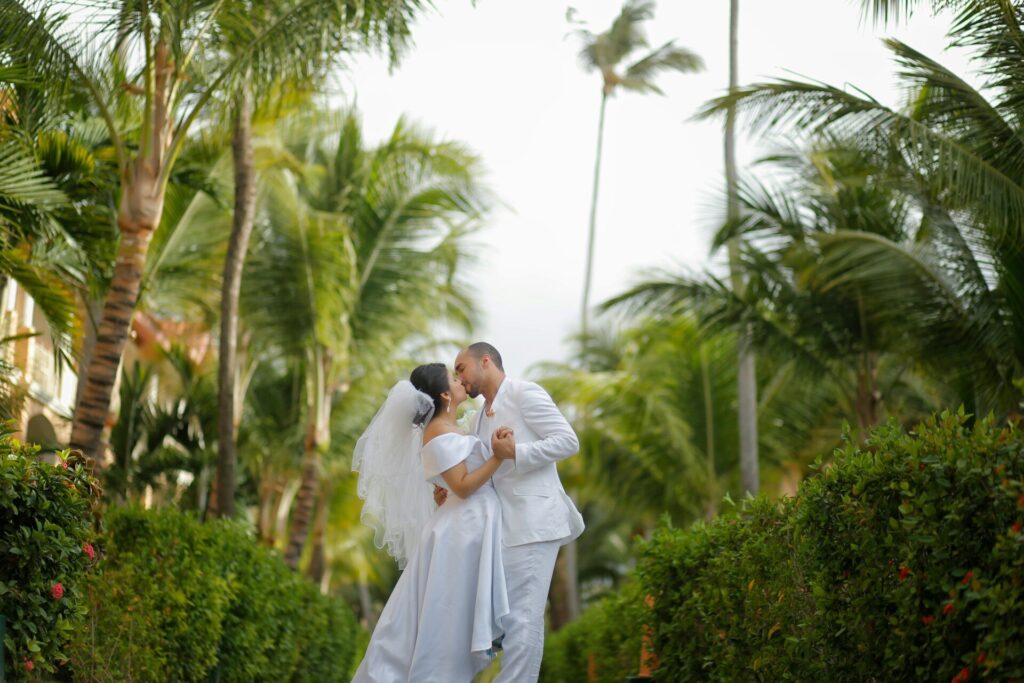
Incorporate diverse cultural elements into your wedding by blending traditions from both sides. This could involve incorporating music, rituals, or culinary delights from each culture, creating a vibrant and eclectic celebration. For example, you might serve a fusion menu that features dishes from both families or alternate between traditional dances and modern entertainment during the reception. Consider creating a wedding itinerary that includes various cultural performances or activities. This not only entertains your guests but also educates them about the different traditions being celebrated. It’s a wonderful way to showcase the richness of your combined heritage and ensure that everyone feels included.
Embracing diversity in your wedding planning creates a vibrant and inclusive atmosphere, ensuring that your special day is a true reflection of your family’s unique blend of cultures and traditions. Hosting a wedding that honors family and culture is a beautiful way to celebrate love while paying tribute to your heritage and the bonds that tie your families together. By thoughtfully incorporating cultural elements, traditional rituals, and family-centered practices, you create a meaningful and memorable celebration that resonates with all your loved ones. Embrace your heritage, involve your family, and design a wedding that reflects the rich tapestry of your shared lives, ensuring that your special day is a true testament to love, unity, and cultural pride.

